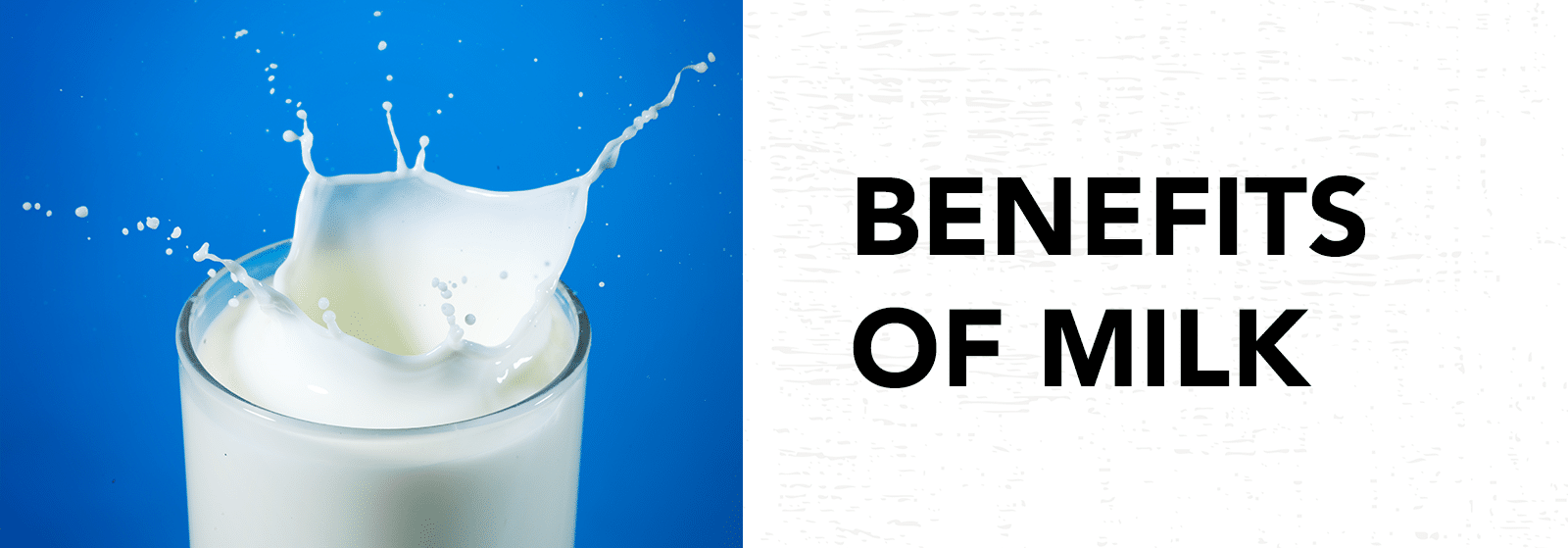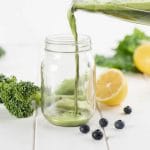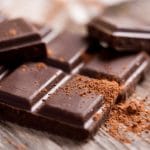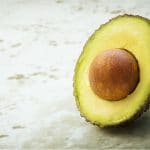Milk is a drink that you probably grew up with as a child. It is not only a delicious beverage but provides your body with a matrix of health benefits.
So, what is so fantastic about cow’s milk?
- It is a low glycaemic index (GI) drink with a GI of 34 (Reference). This means it helps to keep you feeling fuller for longer and provides your body with a stable release of energy.
- Cow’s milk is a great protein source. 250mL of skim milk will give you approximately 9g of protein with full fat just under this amount at approximately 8.5g. Protein helps to keep you feeling fuller for longer and creates and repairs all the cells in your body (Reference).
- Milk contains both whey and casein protein types. These proteins are optimal types to help build and maintain your muscle.
- Cow’s milk has components such as protein, calcium, phosphate, and vitamin D which help promote muscle mass and quality (Du Y et al. 2019, Polzonetti V et al. 2020, Ilesanmi-Oyelere BL et al. 2020).
- Milk is a great source of calcium. This mineral is needed for strong bones and teeth and normal muscle contractions. For calcium to be absorbed by your body it needs vitamin D. Milk already has this important part in its matrix of nutrients (Polzonetti V et al. 2020).
- Milk is a great recovery drink. Some studies have shown milk to perform better than specialty sports drinks during sports recovery after a long gym session. Milk has many essential electrolytes and proteins and carbohydrates to help your body refuel, repair and restore (Russo et al. 2019, 2021).
- A glass of cow’s milk contains many vitamins and minerals including vitamin A, magnesium, riboflavin, iodine, zinc, vitamin B12 and vitamin B6 (Reference).
Take home message: Cow’s milk is a nutrient powerhouse and deserves to be celebrated. So, let’s raise a glass to a delicious cup of milk!
References:
- Du Y, Oh C, No J. Advantage of Dairy for Improving Aging Muscle. J Obes Metab Syndr. 2019 Sep;28(3):167-174. doi: 10.7570/jomes.2019.28.3.167. Epub 2019 Mar 30. PMID: 31583381; PMCID: PMC6774446.
- James LJ, Stevenson EJ, Rumbold PLS, Hulston CJ. Cow’s milk as a post-exercise recovery drink: implications for performance and health. Eur J Sport Sci. 2019 Feb;19(1):40-48. doi: 10.1080/17461391.2018.1534989. Epub 2018 Oct 31. PMID: 30379113.
- St-Onge MP, Mikic A, Pietrolungo CE. Effects of Diet on Sleep Quality. Adv Nutr. 2016 Sep 15;7(5):938-49. doi: 10.3945/an.116.012336. PMID: 27633109; PMCID: PMC5015038.
- Whole Milk. Glycemic Index Guide. https://glycemic-index.net/whole-milk/
- Polzonetti V, Pucciarelli S, Vincenzetti S, Polidori P. Dietary Intake of Vitamin D from Dairy Products Reduces the Risk of Osteoporosis. Nutrients. 2020 Jun 10;12(6):1743. doi: 10.3390/nu12061743. PMID: 32532150; PMCID: PMC7353177.
- Food Standards Australia and New Zealand. Australian Food Composition Database – Release 2.0. https://www.foodstandards.gov.au/science/monitoringnutrients/afcd/Pages/foodsearch.aspx
- Ilesanmi-Oyelere BL, Kruger MC. The Role of Milk Components, Pro-, Pre-, and Synbiotic Foods in Calcium Absorption and Bone Health Maintenance. Front Nutr. 2020 Sep 23;7:578702. doi: 10.3389/fnut.2020.578702. PMID: 33072800; PMCID: PMC7539038.
- Russo et al., International Journal of Sports Science: 2169-8791, 2019; 9(4): 69-85 Systematic Literature Review: The Effect of Dairy Milk on Markers of Recovery Optimisation in Response to Endurance Exercise (sapub.org)
- Russo et al. Front. Physiol., 04 February 2021 https://doi.org/10.3389/fphys.2021.628863







